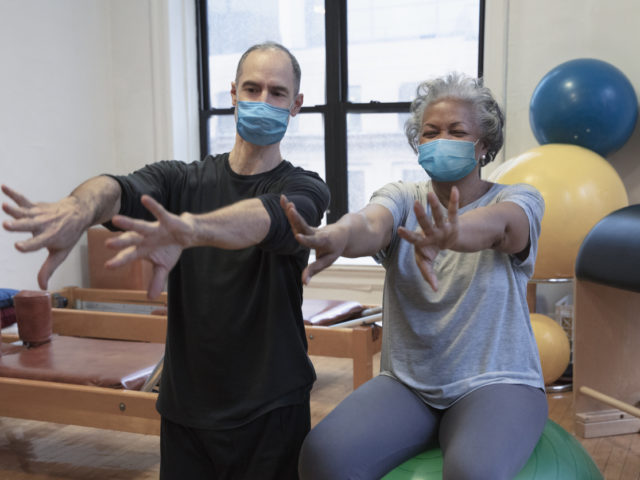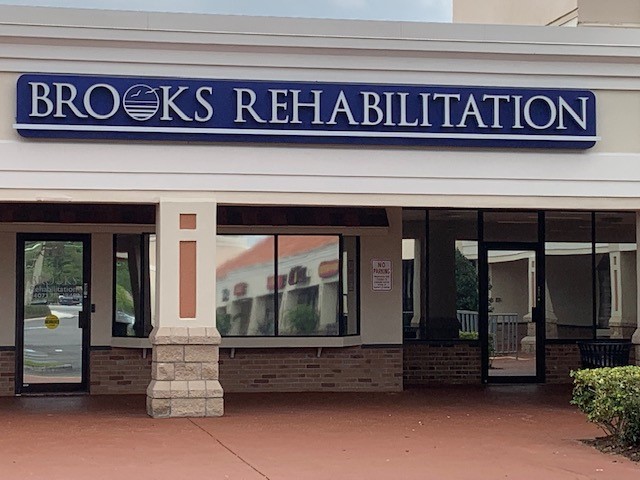
In a world that is becoming increasingly fast-paced and stressful, the importance of holistic approaches to rehabilitation cannot be overstated. Traditional rehabilitation often focuses solely on physical healing, neglecting the interconnectedness of the mind, body, and spirit. However, a holistic approach recognizes that true healing involves addressing all aspects of an individual’s well-being.
Understanding Holistic Rehabilitation
Holistic rehabilitation is a comprehensive approach that considers the person as a whole, recognizing the intricate interplay between mental, physical, and spiritual health. This approach seeks to promote balance and harmony in these three core dimensions to foster overall well-being.
1. Mind Healing: The Power of Cognitive Therapies
The mind plays a pivotal role in rehabilitation, influencing both the recovery process and long-term well-being. Cognitive therapies, such as cognitive-behavioral therapy (CBT) and mindfulness meditation, have gained prominence in holistic rehabilitation. These therapies not only address the psychological aspects of trauma or illness but also empower individuals to develop coping mechanisms for life’s challenges.
2. Body Healing: Integrating Physical and Alternative Therapies
Physical rehabilitation often focuses on restoring the body’s functionality through exercises and treatments. However, holistic approaches go beyond conventional methods by integrating alternative therapies like yoga, acupuncture, and massage. These therapies not only aid in physical recovery but also contribute to mental and spiritual healing, creating a more comprehensive rehabilitation experience.
3. Spirit Healing: Nurturing the Inner Self
The spiritual dimension of holistic rehabilitation recognizes the importance of connecting with one’s inner self and finding meaning in the healing journey. Practices like meditation, prayer, and nature therapy are incorporated to nourish the spirit. This not only provides comfort but also instills a sense of purpose, contributing significantly to overall recovery.
Benefits of Holistic Rehabilitation
- Comprehensive Healing: By addressing the mind, body, and spirit, holistic rehabilitation ensures a more complete and thorough healing process.
- Preventive Measures: Holistic approaches often include lifestyle changes and preventive measures, reducing the risk of relapse or future health issues.
- Enhanced Quality of Life: Individuals undergoing holistic rehabilitation often report an improved quality of life, not just physically but also mentally and spiritually.
- Empowerment: Holistic approaches empower individuals to actively participate in their healing journey, fostering a sense of control and self-efficacy.

Challenges and Considerations
While holistic rehabilitation has shown remarkable success, it’s essential to acknowledge potential challenges. One such challenge is the integration of these approaches into mainstream healthcare systems and insurance coverage. Advocacy for the recognition and inclusion of holistic methods is crucial for widespread adoption.
Conclusion: A Holistic Path to Wholeness
Holistic approaches to rehabilitation pave the way for a more compassionate and effective healing journey. Recognizing the interconnectedness of the mind, body, and spirit is not just a trend but a paradigm shift in healthcare. As we move forward, it is imperative to embrace and integrate these approaches, ensuring that individuals receive the comprehensive care they deserve. For more insights and further information about powerful recovery techniques, be sure to visit their page to learn more.
